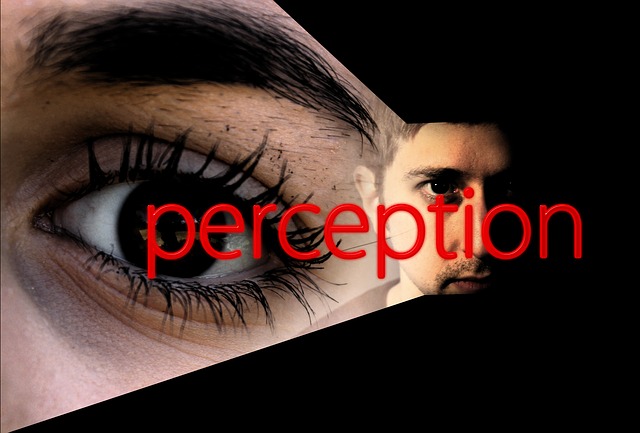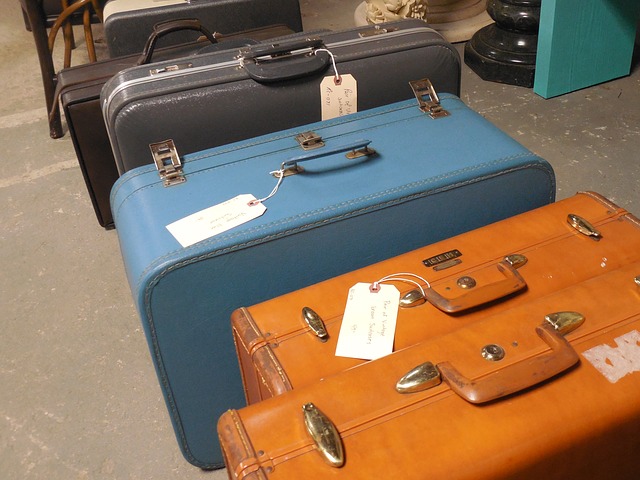Beautiful Life

by Ace of Base
a Swedish band whose members are Ulf “Buddha” Ekberg, Jonas “Joker” Berggren, Malin “Linn” Berggren, and Jenny Berggren. This song comes from their 1996 album “The Bridge.”
You can do what you want; just seize the day
What you’re doing tomorrow’s gonna come your way
Don’t you ever consider giving up,
You will find, oooh
It’s a beautiful life, oooh
It’s a beautiful life, oooh
It’s a beautiful life, oooh
I just wanna be here beside you
And stay until the break of dawn
Take a walk in the park when you feel down
There’s so many things there
That’s gonna lift you up
See the nature in bloom, a laughing child
Such a dream, oooh
It’s a beautiful life, oooh
It’s a beautiful life, oooh
It’s a beautiful life, oooh
I just wanna be here beside you
Oh yeah, all right
I just wanna be here beside you
And stay until the break of dawn
You’re looking for somewhere to belong
You’re standing all alone
For someone to guide you on your way
Now and forever
It’s a beautiful life, oooh
It’s a beautiful life, oooh
It’s a beautiful life, oooh
I just wanna be anybody
Living a different way
It’s a beautiful life
I’m gonna take you to a place I’ve never been before, oh yeah
It’s a beautiful life
I’m gonna take you in my arms and fly away with you tonight
Yeah, alright; it’s a beautiful life
Yeah, alright; it’s a beautiful life
It’s a beautiful life, oooh
It’s a beautiful life, oooh
It’s a beautiful life, oooh
It’s a beautiful life
It’s a beautiful life alright, oooh
It’s a beautiful life, oooh
It’s a beautiful life alright, oooh
It’s a beautiful life
Vocabulary:
seize the day: live the day 100%
gonna: going to
your way: to you
consider: think about
giving up: quitting
wanna: want to
break of dawn: first light in the morning
down: sad
lift you up: make you feel happier
in bloom: with flowers
belong: feel like it’s home
guide you: show you the right direction to go
More info about Ace of Base: http://en.wikipedia.org/wiki/Ace_of_Base
© 2015 Ambien Malecot for vocabulary lesson only








